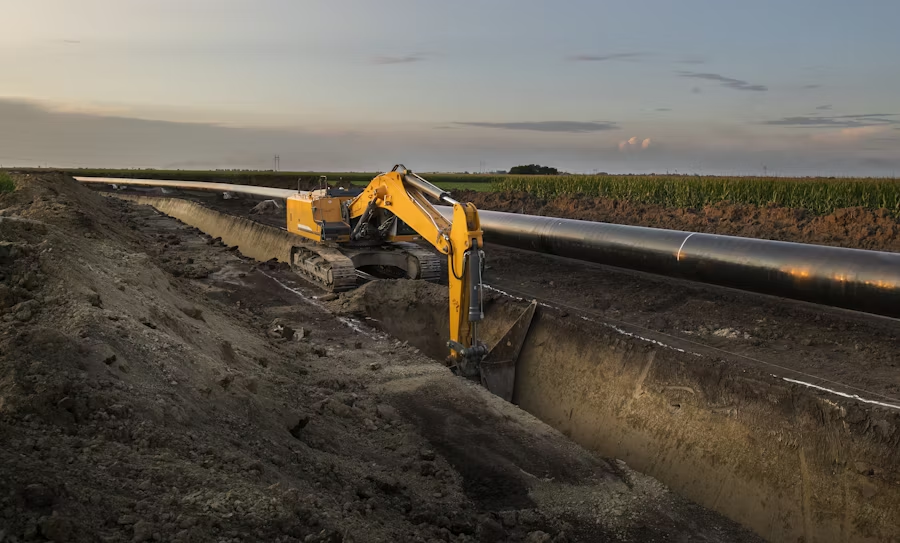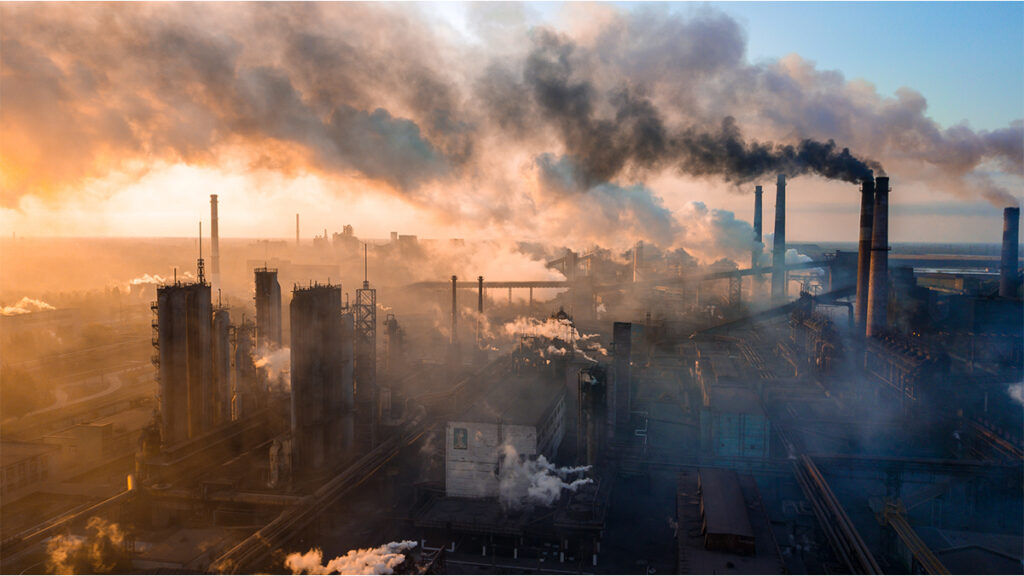After 12 long and frustrating years the company behind the Keystone XL project has thrown in the towel. Or whatever shreds of it were left after 12 years of all maze and no cheese. Some people, especially in the energy industry, still believe cooler heads are bound to prevail on this file, despite all the fiery rhetoric, because fossil fuels are necessary, as recently driven home by the brief shutdown of the Colonial Pipeline and threatened closure of Enbridge 5. But this view is dangerously naïve, because the politicians and activists who call for Net Zero by 2050 have in mind a specific goal. And in case you haven’t been paying attention, it’s Net Zero by 2050, with all the sacrifices that entails including, particularly, any benefits we derive from fossil fuels.
In the real world this stuff plays out painfully. Including for these worldly-naïve investors. It’s worth noting that in the first quarter of 2021 TC Energy had taken a $1.81 billion “impairment charge” hit on the suspension of the project. It’s quite the sum on something meant to cost $9 billion: There went 20% of the total projected cost, for nothing. And the company was forced to eat more dirt, declaring that it would keep working with regulators, stakeholders and aboriginals to meet the environmental and regulatory commitments associated with not building a pipeline and safely terminating it. Anybody want to step up and try again? We didn’t think so.
As Terence Corcoran wrote in the Financial Post, “There will be more such losses to come in the great war on carbon emissions. The world energy market is being taken over by a global financial, political and corporate cabal that claims to have evidence that the planet is catapulting toward a predicted climate catastrophe whose magnitude is so great there is no alternative but to rid the economic system of carbon emissions.”
Alberta premier Jason Kenney, sounding weary, commented ritually that “We remain disappointed and frustrated with the circumstances surrounding the Keystone XL project, including the cancellation of the presidential permit for the pipeline’s border crossing.” Which doesn’t change the fact that this key project to get Alberta oilsands crude to Nebraska and on into the American refining and distribution system has gone bust and there’s no Plan B.
By the same token, and in the same vein, New Zealand Prime Minister Jacinda Ardern, who makes the left go weak in the knees on many grounds including being the youngest ever female head of government, really does intend to wean her nation off prosperity. At any rate, as Eric Worrall observes, she just went weak in the knees over a report that says get rid of your dumb cows and cars and gas heating and… and… well, suffer.
After calling the climate crisis “life or death”, which at least might represent a rhetorical ceiling although we suppose “salvation or damnation” waits in the wings, Ardern endorsed New Zealand’s Climate Change Commission/He Pou a Rangi final 400-page report, calling it an “achievable blueprint” and “one of the most significant documents I’ll receive in my time as prime minister” and also promising to read it at some point.
Then she added in an unguarded moment that “Having a roadmap doesn’t change the fact the road will be steep and tough at times”. One wonders, indeed, if it would be sufficiently steep and tough as to reduce GDP by more than the Swiss Re Institute’s hypercharged estimates for doing nothing. And even the Guardian, in reporting this burbling including “meeting our climate targets is achievable and affordable with existing technology”, added snidely that “hitting its climate goals will require a total reversal of New Zealand’s current trajectory. New Zealand is one of the world’s worst performers on emission increases. Its emissions rose by 57% between 1990 and 2018 – the second greatest increase of all industrialised countries. Earlier this year, data showed that New Zealand’s emissions had increased by 2% in 2018-19.” Blast.
Worrell admits he hasn’t really read the report either because “I didn’t make it past the self congratulation, assurances of respect for the indigenes, and repeated claims the report is objective. The signal to noise ratio makes it close to unreadable.” But he quotes the Guardian that “The report laid out pathways for New Zealand to meet its greenhouse gas reduction obligations by 2050. They include wide-scale agricultural reform to reduce methane emissions, dropping herd sizes by 10%-15%, ending imports of combustion-engine cars, eliminating new household gas connections, and less travel by car overall. Some of those changes would need to be dramatic transformations: to meet its goal for transport emissions, New Zealand would need to increase electric vehicle share of the market to 50% in the next 10 years. It is now around 1-2%.”
Dangerously costly? In Canada we’re not meant to ask such questions, probably because here as elsewhere the answer is obvious. In his Financial Post piece Corcoran did anyway, writing “what if the actions of global policy makers to reduce carbon emissions down to net zero pose equal or even greater social and economic risks than the carbon emissions they are trying to eliminate? But as Worrell further observes, “the Ardern government probably thinks lack of money is not a problem. New Zealand Prime Minister Jacinda Ardern openly embraces Modern Monetary Theory” whose core tenet “appears to be governments can print money whenever they run short, limited only by the risk of triggering hyperinflation or stagflation.” And “some might suggest excessive money printing has negative effects, like debasing the value of the cash savings of pensioners and other people of limited means. But I guess the government can always help pensioners out with some of that newly minted money, if they behave.”
All of which is to say this report is loopy. But the fact that an idea is loopy is no guarantee that it is not taken seriously by people with the power to act on it. As the Keystone XL debacle shows, cooler heads are not the ones prevailing here.



One of the problems we in Canada face is that our neighbour to the south is nominally headed by a senile old man who doesn't know where he is most of the time, and who will sign anything put in front of him by his handlers. Said handlers constitute a cabal of loony left-wing activists who are a de facto but unelected Executive branch of the US government. Joe Biden's deputy, Kackling Kamala, appears to have the executive capability of a groundhog, as witness her handling of the border crisis. Say what you will about Donald Trump, at least he got things done which were to the benefit of his country.
One glance at this chart ( https://ourworldindata.org/energy-production-consumption ) should allay any concerns of any hopes of approaching the incomprehensive notion of "net zero" anytime soon if ever. The gist is that as new forms of energy are added to nominally replace others, the others continue to grow to meet demand as the rest of the world requires energy to modernize to become prosperous. That might explain why the various Carbon-demon theocracies are taking the global approach to stamp out such notions. For bankrupt western welfare states that pretend to be able to afford to attempt net zero, their accounting needs to consider the importing of Carbon emissions through goods manufactured off shore.
At some point will we simply have to acknowledge incompetency as it verges on a level of evil intention that must be stopped?
Meanwhile.............https://www.zerohedge.com/markets/david-tepper-says-oil-stocks-are-cheapest-equities-every-measure